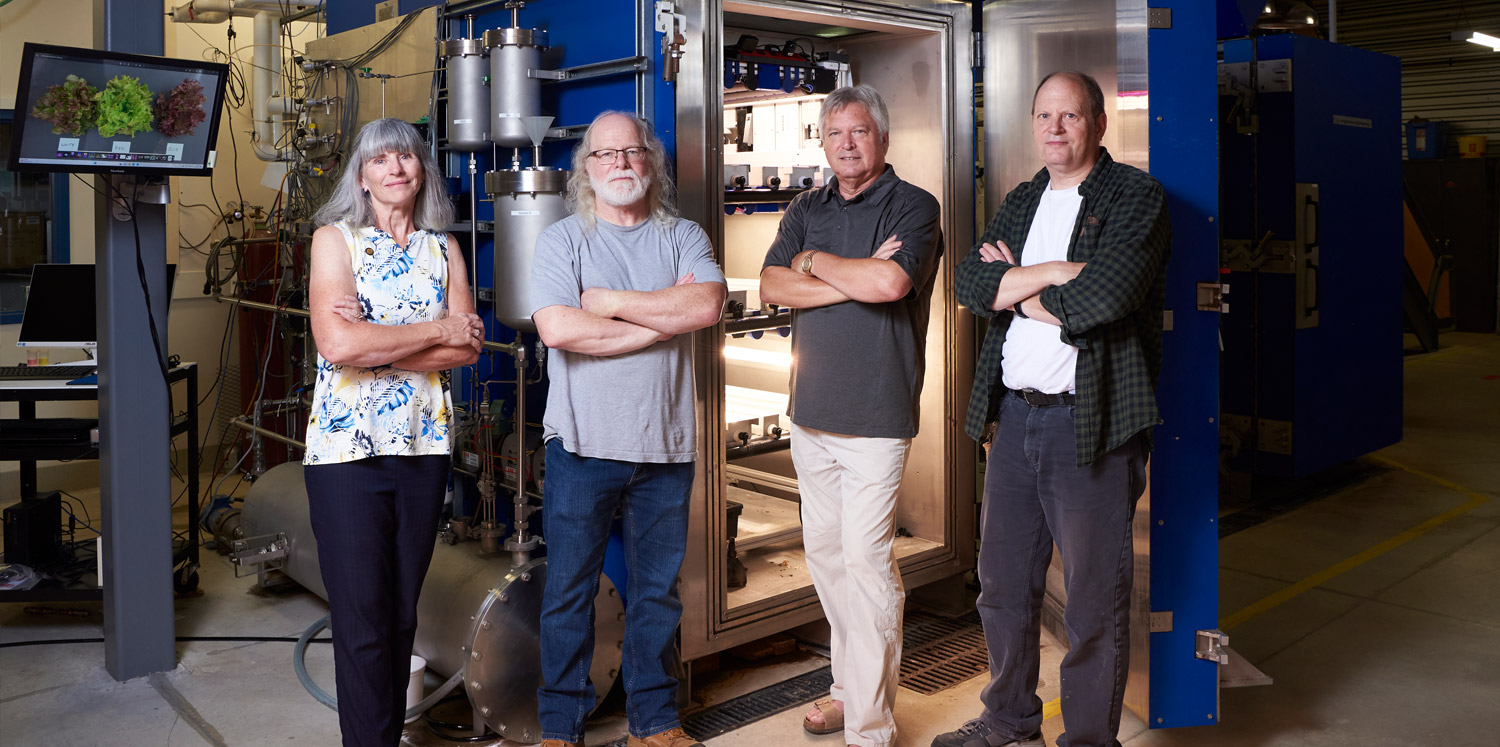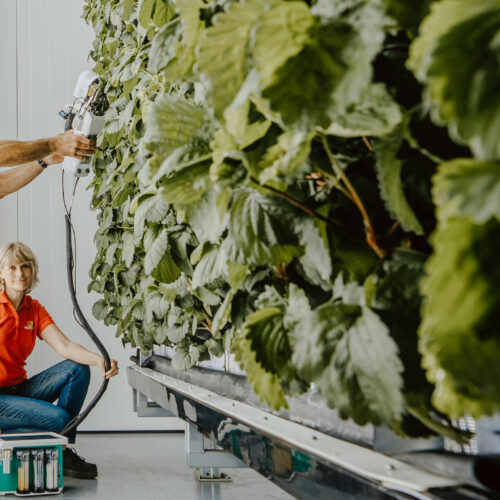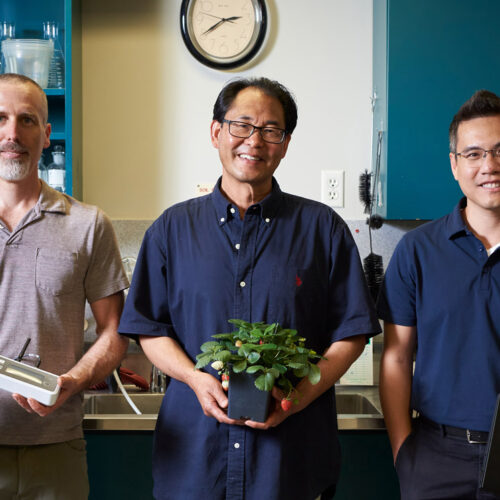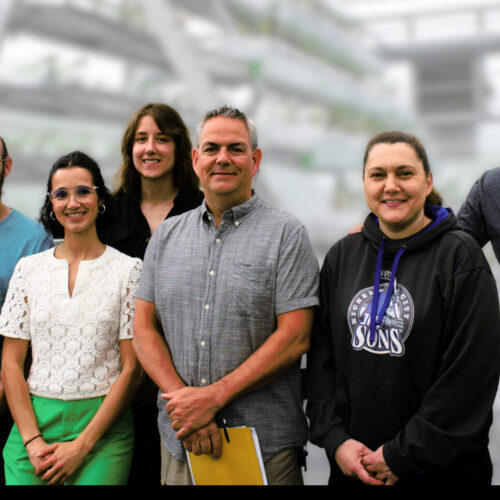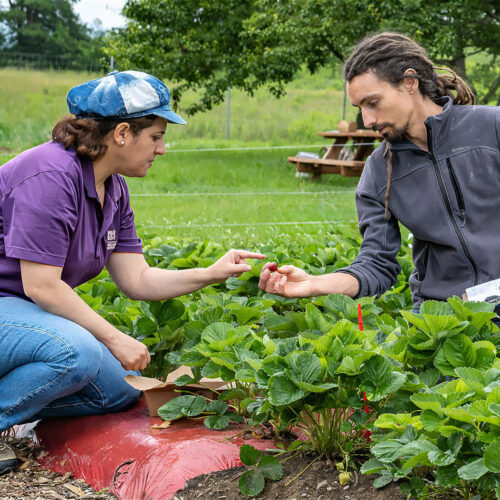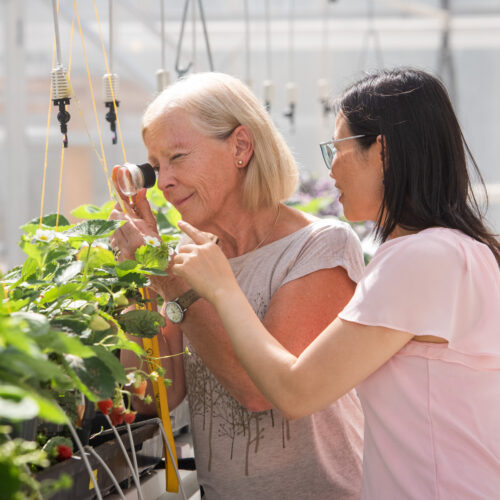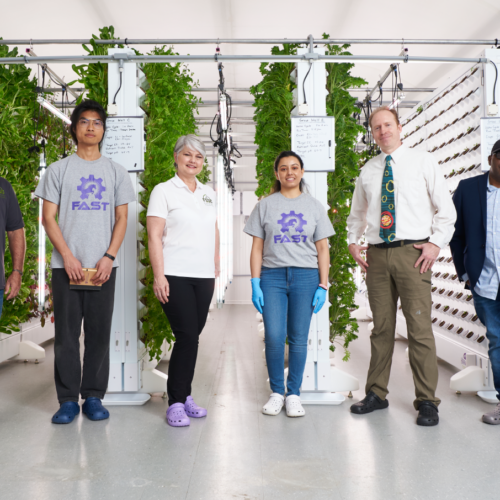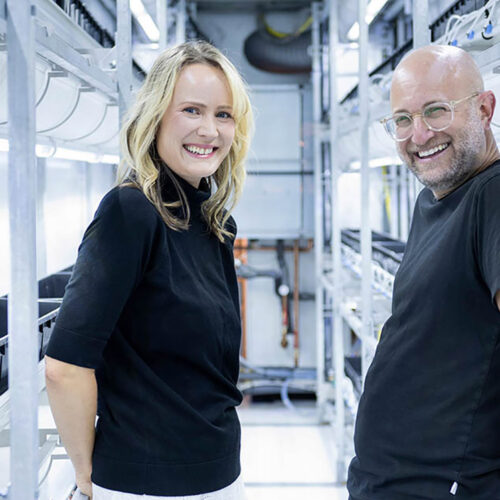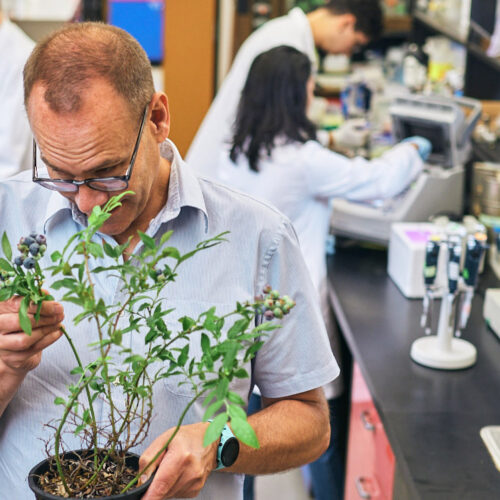Applying lessons learned from projects undertaken to grow food in space, the Seasonal Strawberry Optimization project out of the University of Guelph offers a science-based solution for high-density planting using an energy- and space-efficient indoor environment, and customized LED lighting. Their vertical-farm design accommodates both production and plant propagation and will enable farmers to shift from quick-growing-leafy crops to more energy-dense crops, like berries.
Seasonal Strawberry Optimization: A hybrid approach to addressing seasonal challenges of strawberry production and food security in Canada.
“If we can grow food in space, we can grow it anywhere.” That’s the guiding principle behind a University of Guelph team’s innovative approach to producing crops in the world’s most challenging environments. “The solutions that we’ve got for the Moon and Mars are even more suitable for harsh environments here on Earth,” says project leader Mike Dixon, “especially Canada, and Canada’s North in particular.”
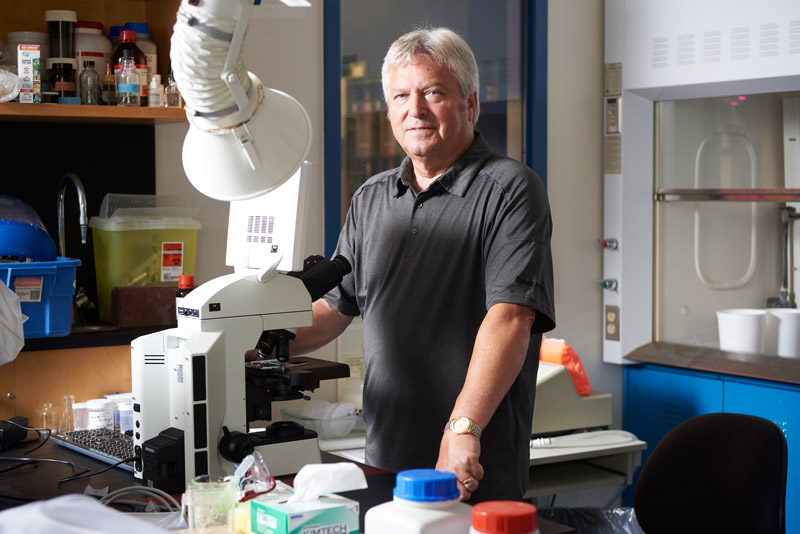
Director of the Controlled Environment Systems Research Facility at the University of Guelph, Dr. Dixon established the university’s Space and Advanced Life Support Agriculture program, which provides advanced life support research to the Canadian Space Agency, NASA, and the European Space Agency. “In space, recycling is key,” he explains. “There can be no waste in space. You can’t throw anything away, especially water and nutrients, so that’s a critical technology transfer that we’ll exploit.”
“If we are going to grow food year-round in Canada, then we are going to have to grow indoors. Hybridization is key, and this is about being complementary, not competitive.”
The chilly, light-deprived terrains of Canada’s northern regions can’t support robust agriculture, which has created a dependence on imports and food insecurity for local populations. The Seasonal Strawberry Optimization project offers a science-based solution for high-density planting using an energy- and space-efficient indoor environment. Developed with co-applicants Dr. Thomas Graham and Dr. Michael Stasiak of the University of Guelph, the project will grow and propagate strawberries on a large scale by combining advanced greenhouses with vertical farming methods. The hybrid configuration maximizes the available sunlight during the traditional growing season and extends the season through customized LED lighting. “You can take full advantage of the sun when it’s there,” Dr. Graham says, “but with the hybridized system, we’re getting the best of both worlds.”
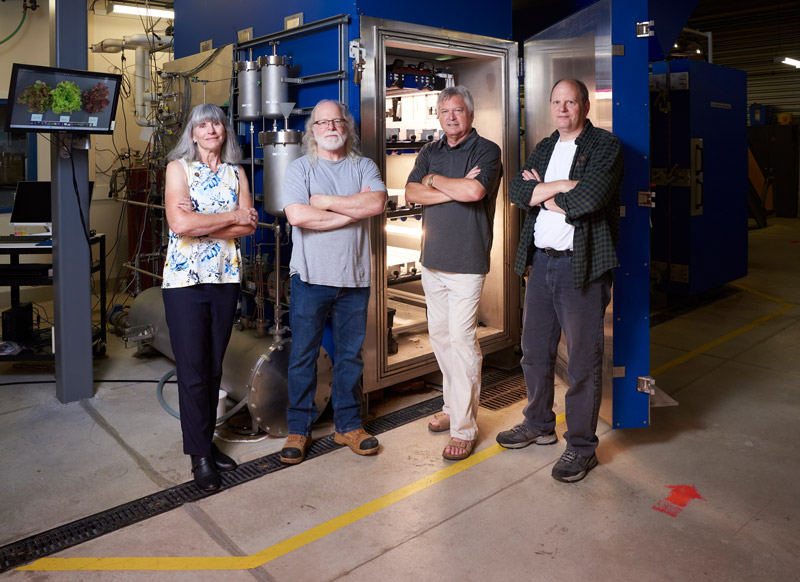
This resource-sparing but highly productive approach will enable farmers to shift from quick-growing leafy crops to more energy-dense crops, such as berries. Strawberries are particularly well suited to the hybrid production system, having an appropriate physical stature and growth habit for both greenhouses and vertical farming. With their short shelf life and annual import values of nearly $475 million, fresh strawberries have long been ripe for investment in year-round domestic production.
The project team also includes leading controlled-environment agriculture experts from the University of Guelph and Mucci Farms, one of Canada’s largest greenhouse growers and the largest controlled-environment strawberry producer in North America. Scalable and energy efficient, the team’s hybrid design can be modified to grow other fruits and vegetables in a variety of environments, such as the hot, dry climates of the Middle East. “There are extreme environments all over Earth where agriculture simply is not economical,” Dr. Dixon says, “and we propose to make it so.”
Dr. Graham adds, “We just need to change the definition of what farming is. Is a shipping container a farm? Yes.”
Collaborators
- Bert Mucci, CEO, Mucci Farms
- Mathew Walsh, CFO, Mucci Farms
- Herney Hernandez, Head Grower, Mucci Farms
- George Dekker, Project Manager, Mucci Farms
- Nasir Mahmood, Senior Grower, Mucci Farms
- Jamie Lawson, University of Guelph
- Theresa Rondeau Vuk, University of Guelph

